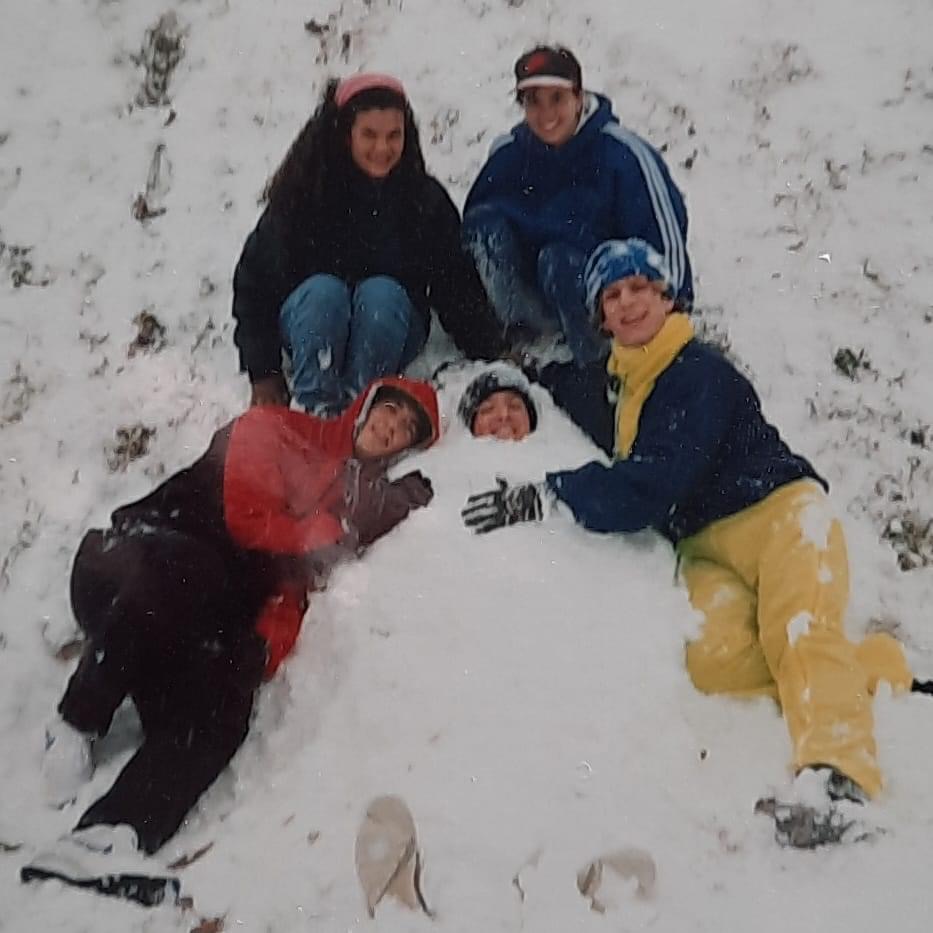Written by: Samantha Burgess
It’s the beginning of October and the weather tonight is at the perfect tipping point between hot and cold. You’re in the center of a large crowd, singing and dancing to Jason Aldean’s performance. A loud bang goes off. You think it’s fireworks, the perfect ending for the night. Then there are more bangs in quick succession and the music stops. The crowd scatters in fear. Then you realize what you’re hearing: gunshots.
Stephen Paddock, 64, shot at a crowd during Jason Aldean’s performance at the Route 91 Harvest Festival in Las Vegas on Oct. 1, ending in 59 deaths and 527 injuries.
Police found Paddock dead, in a large suite on the 32nd floor of the Mandalay Bay, with 23 firearms. They later found 19 firearms along with explosives and ammunition in his home in Mesquite, Nev. According to his brother, Eric Paddock, Stephen Paddock was an accountant and real estate investor who loved to gamble. He had no political or religious affiliation. His criminal record was clean and he had no children. Paddock lived with his girlfriend Marilu Danley, who was not involved in the crime, in Mesquite, Nev. Described as reserved and quiet, Paddock’s neighbors rarely saw him. No one thought that he could’ve been unstable.
John Sterling, Bryan’s director of safety and security and associate professor of criminal justice and government, said one theory is that he was part of a larger plan. Paddock’s suite was connected to a large room with two windows far apart that he busted out. Was this for more than one shooter or did Paddock go back and forth between windows? If the latter was true, Sterling wonders why Paddock’s stockpile was found all in one room.
“My experience leads me to believe that it is very difficult, although not impossible, for one man to inflict the casualties he did,” said Sterling.
If found in an active shooter situation, be aware of the surroundings, said Sterling. Although he warns against attending events with large open crowds, there are some safety measures you can take. First, position yourself outside of the crowd and survey your surroundings. Then locate exits and areas without barricades that make it easier to escape.
“Most people are so lacking in situation awareness that they don’t understand the threats that surround them,” said Sterling. “You have to understand the nature of threats and plan accordingly.”
There is an ongoing debate about gun control and if arms should be banned. Sterling said, “Even if you outlaw guns or attachments that create semi-automatics, you still can’t prevent criminals from acting in tragedies like this.”
Junior communications major, Abby Webb, said, “Guns don’t kill people, people kill people. Therefore, I don’t believe gun control would really be helpful.”
Dr. Clark Rose, Bryan professor of psychology, said we can only theorize that Paddock had a mental illness, potentially leading him to a psychotic break. There’s also Hindsight bias, where people believe they “should’ve known all along.” While there are occasional signs that someone is in a volatile state, Rose said it often is unpredictable. “People keep certain thoughts in the dark,” said Rose, “especially when they’re evil.”
Rose advised those affected by this tragedy not to minimize their experience. Whether or not someone faces physical injury, events like this can cause issues with mental health and it is best to reach out for help. Outsiders should listen to the victim, love them and be present in their life, doing what they can to help them.
“Sometimes that means saying ‘you need to reach out to a professional’,” said Rose. “The worst thing we can do is let them suffer in silence.”
Suffering is something we all struggle with. It’s hard for some to understand why tragedy happens or why we must suffer. Biblically, we know that sin is present in the world and that mankind is inherently wicked. Without Christ our hearts and minds are closed and we are focused on earthly pleasures.
Dr. Jud Davis, chair of Christian studies and philosophy, explained that God’s grace allows us to do good for His kingdom. As Christians, we are called to share the hope of Christ with others.
“Many people grow up in broken homes or aren’t shown kindness and love,” said Davis. “[because of this] we need to show His love to others daily and live a life of servitude.”
Davis said when others are suffering it is best to listen to them and go out of our way to meet their needs. People often see Christ in the way that believers live.
“Our response should be to pray for those who are injured, those whose loved ones have died, those who are related to the criminal and that God’s name will be made known through the tragedy,” Daniel Koehn said, a sophomore majoring in math and Bible.
As 2 Corinthians 1:3-4 noted, “Blessed be the God and Father of our Lord Jesus Christ, the Father of mercies and God of all comfort, who comforts us in all our affliction, so that we may be able to comfort those who are in any affliction, with the comfort with which we ourselves are comforted by God.” Sharing Christ with others gives them hope in times of tragedy.
 Samantha Burgess is a sophomore majoring in communication with an emphasis in digital media and is an assistant editor for the Triangle. She can often be found curled up with a good book, writing, listening to music or watching TV.
Samantha Burgess is a sophomore majoring in communication with an emphasis in digital media and is an assistant editor for the Triangle. She can often be found curled up with a good book, writing, listening to music or watching TV.



